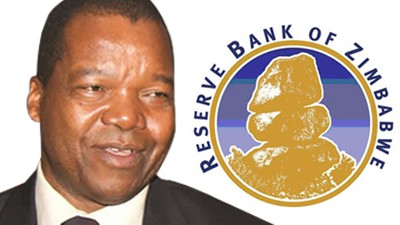ZwNews Chief Correspondent
The Minister of Finance Mthuli Ncube, and his subordinate, the Reserve Bank of Zimbabwe governor John Mangudya have both presented their fiscal measures and monetary policy respectively, these were meant to address a number of issues chief among them being reversing fiscal indiscipline and enhancing financial stability.
The two highlighted a number of challenges facing the country, and announced some measures to be taken in order to align the economic environment to the Zimbabwe is open for business gospel, but failed to look into government expenditure, the prime cause for budget deficit.
Ncube said the challenge of the budget deficit is causing unstable implications not only in the financial sector, but to the rest of the economy, and admitted that it was through domestic borrowings using Treasury Bills (TBs), overdrafts with the central bank, and arrears and loans from the private sector.
“The high deficit has ignited expansion of domestic debt from US$275.8 million in 2012 to the current levels of US$9.5 billion, against US$7.4 billion external debt. This brings total public debt to US$16.9 billion,” he said.
In his corrective measures, Ncube said government will limit use of overdrafts, and review the use of TBs, as this is a cost to government that has caused the ballooning of the recurrent expenditure. However, the monetary authorities sidestepped the need to tame this ‘monster’ called government expenditure.
On the same page, while presenting the 2018 National Budget, former Minister of Finance, Patrick Chinamasa said the budget’s thrust was centred on implementation of a comprehensive and coherent expenditure management strategy, and promotion of production.
Chinamasa pointed out that fiscal indiscipline, thus failure to stick to approved budgets in government expenditure was a major component that needed close attention, with the state’s wage bill being the chief culprit; chewing more than 80 per cent of the national budget.
Meanwhile, Tendai Biti, who was former minister of finance during the Government of National Unity, concurs with Chinamasa that financial dis-equilibrium particularly government expenditure is the root cause of the current budget deficit, adds that more emphasis could have been put in measures on how to contain it.
He says the ominous lies in the political will sticking to the approved budget, adding that focussing more on revenue proposals without looking much on expenditure controls was poor economics. He believes even if the government manages to collect more revenue, for as long as its expenditure is not kept within the sustainable levels, the economy will not grow.














